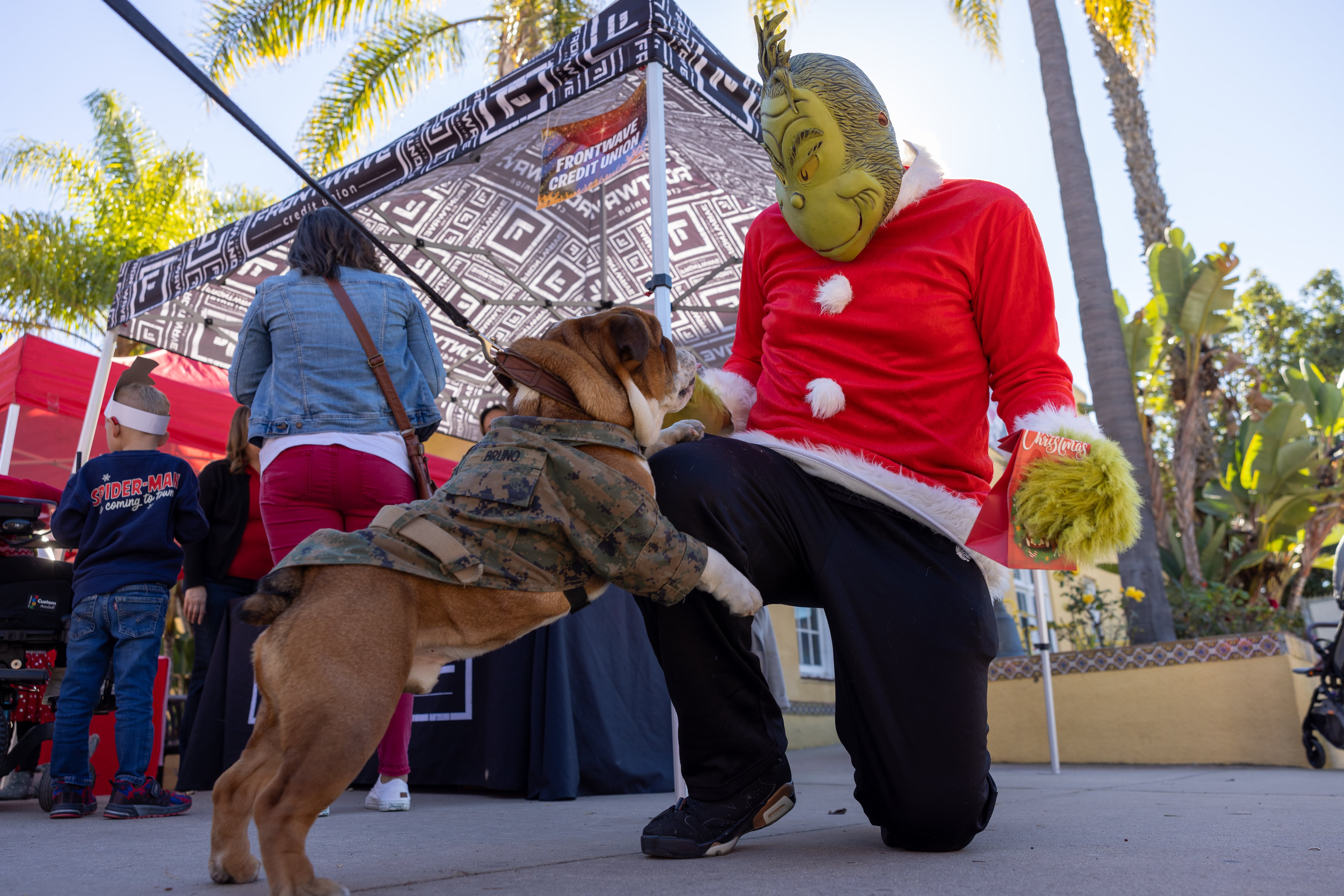The Pentagon announced Thursday that it will send 75 more troops to Egypt's Sinai Peninsula amid a rising threat from insurgents linked to the so-called Islamic State.
The additional troops will boost force protection for the roughly 650 service members deployed there now as part of the Multinational Force of Observers, a little-known peacekeeping force that helps maintain a 1979 treaty between Egypt and Israel.
The new deployments come after four U.S. troops in the Sinai were injured by an improvised explosive device Sept. 3.
The additional troops will include a light infantry platoon and forward surgical teams to "increase the safety and security of U.S. forces," Defense Department spokesman Peter Cook told reporters Thursday.
"We're going to continue staying in contact with the MFO and adjust force protection capabilities as conditions warrant," Cook said.
The new troops will bring the total U.S. force level in the Sinai up to about 725.
The U.S. troops stationed across the remote desert peninsula are caught in the middle of an insurgency that has intensified since the lead militant group there declared allegiance last year to the Islamic State, also known as ISIS or ISIL.
For years, Task Force Sinai, as the U.S. contribution to the MFO is known, was an uneventful mission, historically assigned to rReserve units.
But now, amid daily fighting between Egyptian military forces and an ISIS branch known as Wilayat Sinai, the American troops are living amid blast walls topped with razor wire, riding only in up-armored vehicles and facing the constant threat of attack.
American MFO troops sometimes struggle to get food, water and other logistical supplies into their secure compounds. Armed militants often harass the force's contractors, and these days the Egyptian military commonly provides armed escorts for logistics convoys, according to the mission's annual report.
Egypt has become central to a larger ISIS strategy to create a "caliphate" that stretches across Sunni Arab countries. ISIS-linked groups have seized control of parts of the Sinai in Egypt's east and are gaining ground in Libya across Egypt's border to the west. Scattered attacks also are reported in Egypt's heartland along the Nile River and its delta.
The U.S. military recently installed counter-mortar radars and better communication equipment for the MFO contingent to deal with the threat — which Army Gen. Martin Dempsey, chairman of the Joint Chiefs, expects to intensify, he told lawmakers in July.
The increased violence reportedly has prompted the White House to reassess the mission and consider ways to scale it back with fewer boots on the ground.
Cook said there are no formal plans to fundamentally change the U.S. commitment to the multinational force, which totals about 1,600 troops.
"Our commitment to the MFO is consistent with what it has been in the past, and if there is a change in that policy, we will certainly let you know," Cook said.
"Right now, what we're doing, first and foremost, is to make sure those U.S. troops have adequate force protection. That's our primary concern right now," he said.
Andrew Tilghman is the executive editor for Military Times. He is a former Military Times Pentagon reporter and served as a Middle East correspondent for the Stars and Stripes. Before covering the military, he worked as a reporter for the Houston Chronicle in Texas, the Albany Times Union in New York and The Associated Press in Milwaukee.





